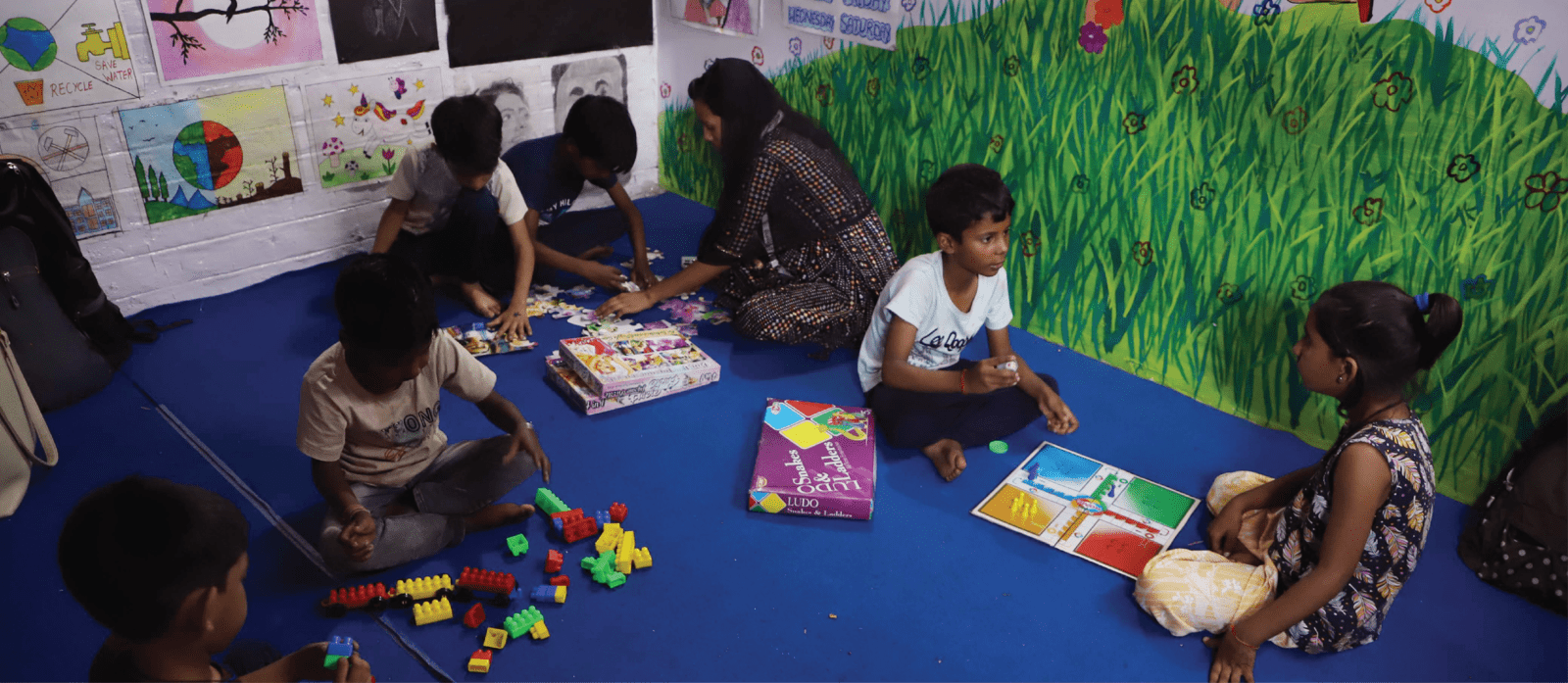Unexplored Mental Health Indicators in Teenagers
Fifteen-year-old Nilam (name changed) lived with her parents in a crowded basti. Her days so far were cheery despite the myriad challenges. Since the past couple months, though, she had become increasingly irritable and restless. Conversations with her parents had turned argumentative, and her teacher expressed concern over her dwindling concentration as well.
Mostly, Nilam’s case would be brushed away as regular teenage tantrums, with the proverbial “it’s a phase.” Is it just a phase though? Or could these be early signs of teen anxiety?
Ten-year-old Sujit (name changed) hailed from an economically sound home. He was the star student of his class. In the recently held semester examinations, though, he had fared much below average. When a visiting counsellor in his school met with him, it was revealed that a slew of subtle indicators had preceded his fall in grades. As per his mother, he had begun shying away from family and friends, he would easily become irritable, he was even losing sleep. However, all of these signs too were brushed away by his parents, who were unaware of these mental health indicators.
Understanding Mental Health Trends
No matter the economic class of a family, poor mental health indicators among children, teens and young adults are often neglected due to lack of awareness among both parents and children. According to the National Mental Health Survey conducted in 2015-16, the prevalence of mental illnesses among children between ages 13-17 was 7.3% in both genders. Furthermore, a study conducted by the schizophrenia research foundation (SCARF) in Chennai found three out of 10 students, among a cohort of 15,000 students surveyed, to be suffering from anxiety. An equal number suffered from depression. These statistics hint at the growing need for more open conversation around mental health at an early age.
Voices from the Ground
Railway Children India reached out to children across several communities in Delhi and Ghaziabad, through our Child Activity Centers (CACs) and outreach programs to learn their understanding of sound mental health. The children penned their thoughts in insightful pieces.
“Mental health sahi: Jab mummy subah bistara utha kar rakh deti hai to mujhe bohot accha lagta hai.
Mental health galat: Jab mummy subah bistara utha kar rakh do bolti hai tab mujhe bahut tej gussa aata hai.”
This fine distinction by a teenage Mishka (name changed) was a satisfying revelation and a hopeful way ahead. While Zainab’s elaborate understanding only cemented this generation’s growing understanding of the concept.
“Mental health se humein apne aap ko samajhne ki kshamata milti hai.”
When asked why mental health matters, Ayesha (name changed) emphasized “mental health mere liye bohot zaruri hai. Agar main manasik roop se theek nahi hoon to main apni padhai nahi kar sakti. Aur agar hoon, to main apne ghar ka kaam acche se kar sakungi.”
Mishka, Zainab and Ayesha’s responses all reflect the interconnectedness of their mental health and their conduct at home and school. The role of their mental health in not only their studies but also the nature of their interaction at home is well understood by children and teenagers.
Recognizing the Signs
Anger, irritability and a disinterest in doing chores is also well-identified by teenagers as an indicator of dwindling mental health. Sahil (name changed) explains it well, “mental health mere liye zaruri hai taaki main apne mind ko shaant rakhu aur meri wajah se kisi ko bhi problem nah ho, jaise kisi par gussa karna, apne ghar ka kaam na karna.”
Drishti’s (name changed) perspective “mental health humare liye isliye zaruri hai taaki humein jab koi pareshaniyan ho aur humara mental health acchi ho to hum apni pareshaani acche se handle kar sakte hai, aur humare wajah se kisi aur ko koi pareshaani na ho.”
RCI’s Supportive Environment Fosters Mental Health Awareness
Children groups of adolescent boys and adolescent girls in RCI’s many CACs act as a nurturing forum for children to gather and talk about everyday issues with the focus on larger issues such as mental health. Additionally, special programs such as peer-led life-skill training helps adolescents communicate and learn while at it.





